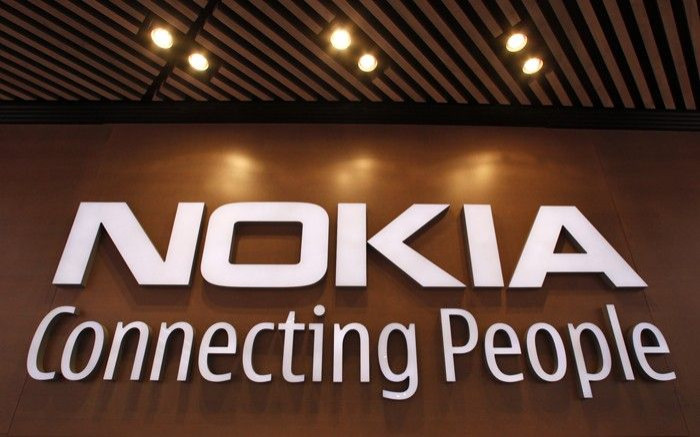Gartner: Nokia, RIM Sink, Android Soars, Windows Phone Has Weak Debut

Gartner's numbers show more of the same in the increasingly competitive smartphone world.
Nokia is down. RIM is down. Android is up. Apple is up. Windows Phone 7 did not have an impressive debut. And of course, everyone in the world is starting to own a smartphone.
Smartphones accounted for 23.6 percent of overall sales in the first quarter of 2011, an increase of 85 percent year-on-year, said Roberta Cozza, principal research analyst at Gartner. This share could have been even higher, but manufacturers announced a number of high-profile devices during the first quarter of 2011 that would not ship until the second quarter of 2011. We believe some consumers delayed their purchases to wait for these models.
Nokia, which has been lagging in smartphones, lost a huge chunk of its mobile phone sales share. It went from 30.6 percent market share in the first quarter of 2010 to 25.1 percent share in the first quarter of 2011. The 5.5 percent decline leaves Nokia at its lowest market share point since 1997.
It was actually even worse for Nokia in smartphone OS sales. Its Symbian operating system, which sat at 44.2 percent share in the first quarter of 2010, is not at a measly 27.4 percent share. This leaves it well behind Android's leading 36.0 percent share. Android increased by 25 percent, when it sat at 9.6 percent share in the first quarter of 2010.
The news was not good for other Android competitors Windows Phone 7 and Research In Motion. Windows Phone 7 had a pretty bad debut with only 1.6 million units sold in the first quarter of 2011. Windows phone related operating system actually decreased from the first quarter of 2010, going from 6.8 percent share to 3.6 percent share.
Meanwhile, Research in Motion's phone sales were stagnant for the most part, as the company maintained three percent share in the market. However, its smartphone OS share dropped significantly, going from 19.7 percent in 2010 to 12.9 percent in 2011. It now sits in fourth place behind Android, Symbian and iOS, which was the only smartphone OS to increase other than Google.
Going forward, analysts say it will be harder for smartphone operating systems to keep up with Google and Apple.
Every time a user downloads a native app to their smartphone or puts their data into a platform's cloud service, they are committing to a particular ecosystem and reducing the chances of switching to a new platform. This is a clear advantage for the current stronger ecosystem owners Apple and Google, said Cozza said.
Follow Gabriel Perna on Twitter at @GabrielSPerna
© Copyright IBTimes 2024. All rights reserved.





















